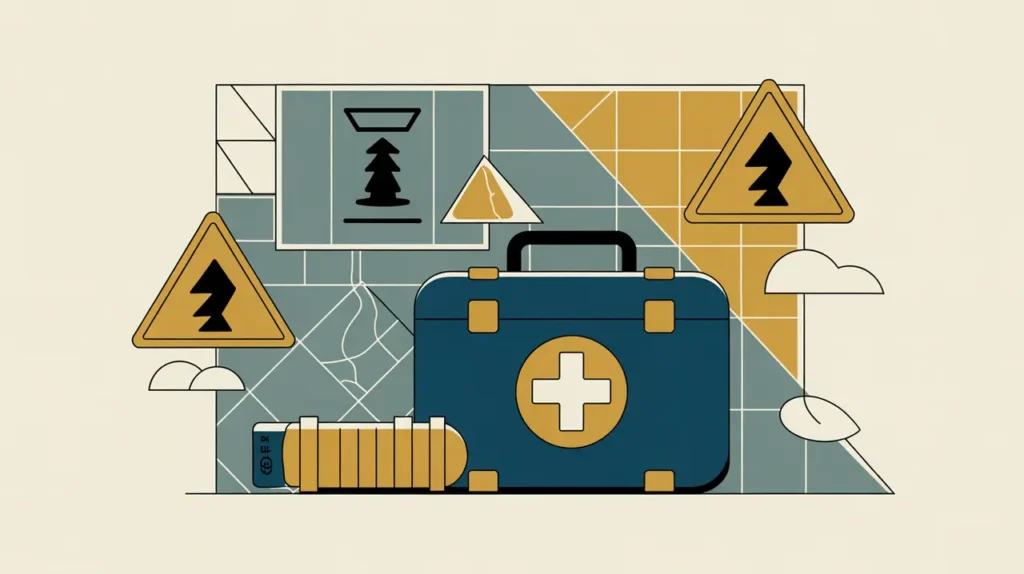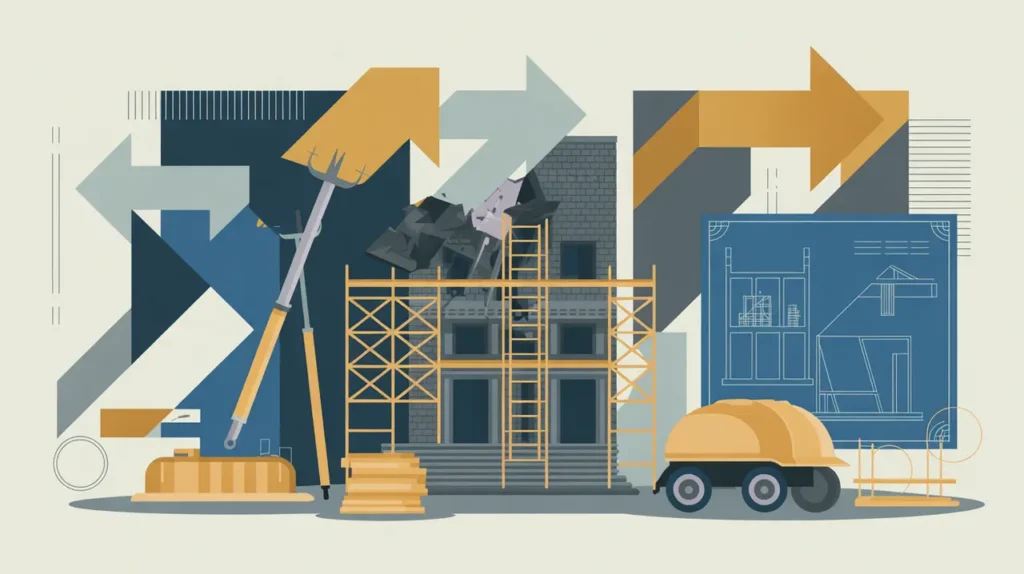Importance of Emergency Response
Emergency response is essential for saving lives and reducing harm in the immediate aftermath of crises such as natural disasters, conflicts, and health emergencies. In international development, it represents the front line of humanitarian action, ensuring that food, shelter, medical care, and protection reach affected populations quickly. For nonprofits and social innovators, effective emergency response builds trust, demonstrates solidarity, and prevents short-term shocks from cascading into long-term setbacks. Its importance lies in its ability to stabilize communities and create the conditions for recovery and resilience.
Definition and Features
Emergency response refers to the organized efforts undertaken during and immediately after an emergency to protect people, reduce suffering, and restore basic services. Its defining features include:
- Speed and Coordination: rapid mobilization of resources and actors.
- Life-Saving Focus: prioritizing food, water, shelter, health care, and safety.
- Multi-Sectoral Action: integrating health, logistics, protection, and communication systems.
- Preparedness Linkages: building on prior planning and risk assessments.
How this Works in Practice
In practice, emergency response involves governments, humanitarian agencies, civil society, and communities working together to deliver aid. For example, during a flood, agencies may deploy search and rescue teams, set up temporary shelters, and coordinate food distribution. Technology plays a growing role through satellite mapping, mobile cash transfers, and early warning alerts. Coordination platforms such as the UN’s cluster system aim to avoid duplication and ensure coverage. Challenges include access restrictions in conflict zones, logistical bottlenecks, limited funding, and the need to balance urgency with accountability.
Implications for Social Innovation
Emergency response has important implications for social innovation. It creates opportunities to test and deploy new solutions, from drone delivery of medical supplies to blockchain-enabled aid transfers. For proximate actors, involvement in response affirms agency and strengthens community resilience, ensuring that interventions are locally led and culturally appropriate. Innovations that integrate preparedness, rapid deployment, and recovery planning make responses more effective and equitable.







